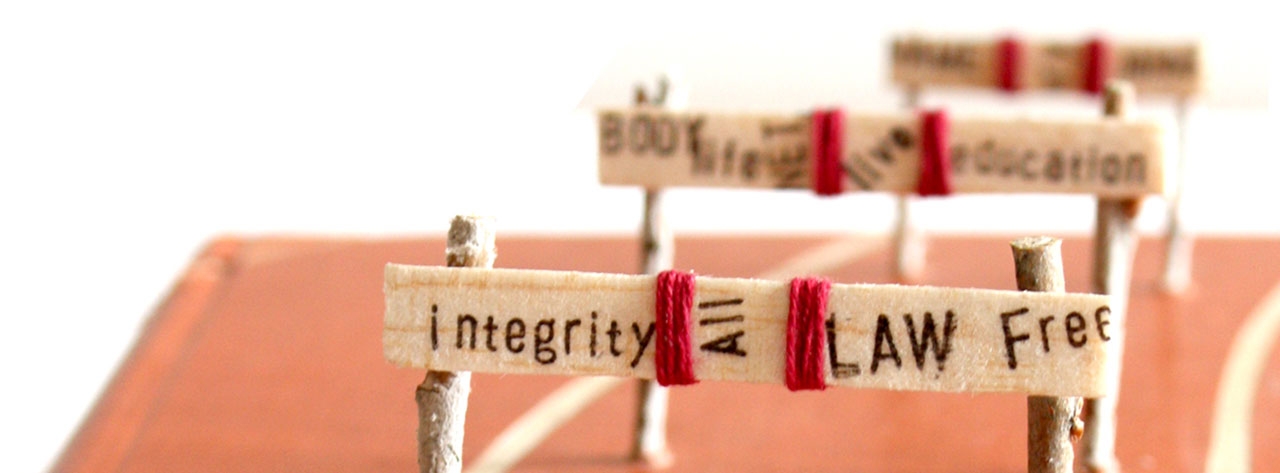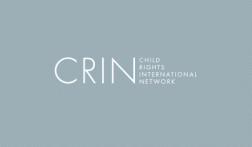| Right to be heard | Administration of juvenile justice |
What is justice when it comes to children’s rights? Why is it important?
The law can be a very powerful tool for enforcing human rights and addressing violations. But the justice system can also be a place where human rights are violated.
Access to justice for children requires that all children, however they come into contact with the law, are able to fully participate in legal proceedings. Children must be able to use and trust the legal system to protect their rights, an idea which is regularly frustrated by the failure of justice systems to account for children’s unique vulnerabilities.
All human rights are inter-connected. Access to justice is what gives other human rights meaning. If people, including children, cannot use justice systems to stop violations or seek redress, their other rights are consigned merely to the paper they are written on.
Children’s justice is usually only thought of in terms of juvenile justice. But whenever a child comes into contact with the law, whether the child seeks out the legal system or the legal system seeks out the child, their access to justice and due process rights must be respected. Furthermore, there should be additional protections for children because of their unique vulnerabilities. This includes having access to a lawyer experienced in children’s rights and working with children (or one provided by the State if the child cannot afford one), the ability to start proceedings themselves when their rights are violated, the right to be heard particularly when a court or other body is making a decision that affects them, special procedures for giving evidence if necessary, and much more.
Relevant articles of the Convention on the Rights of the Child (CRC) dealing with justice:
- Right to be heard (article 12): The child shall be provided the opportunity to be heard in any judicial and administrative proceedings affecting the child, either directly, or through a representative or an appropriate body, in a manner consistent with the procedural rules of national law.
- Administration of juvenile justice (article 40): A child in conflict with the law has the right to treatment which promotes the child's sense of dignity and worth, takes the child's age into account and aims at his or her reintegration into society. The child is entitled to basic guarantees as well as legal or other assistance for his or her defence. Judicial proceedings and institutional placements shall be avoided wherever possible.
Read more about juvenile justice in CRIN's submission to the OHCHR's report on non-discrimination and the protection of persons with increased vulnerability in the administration of justice.


